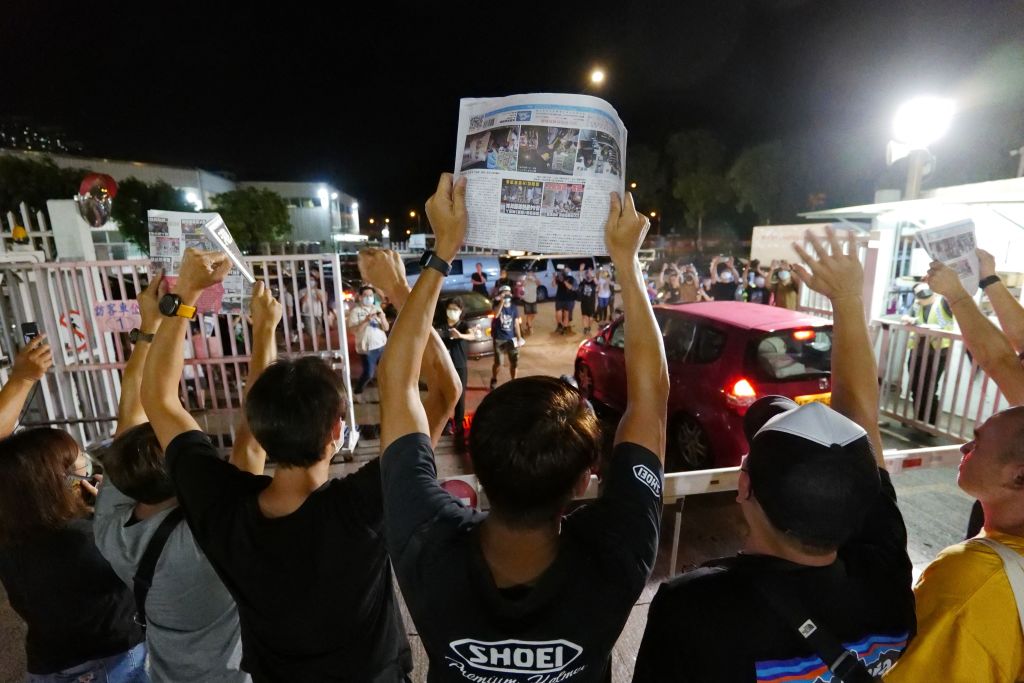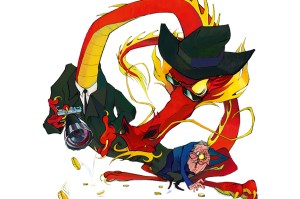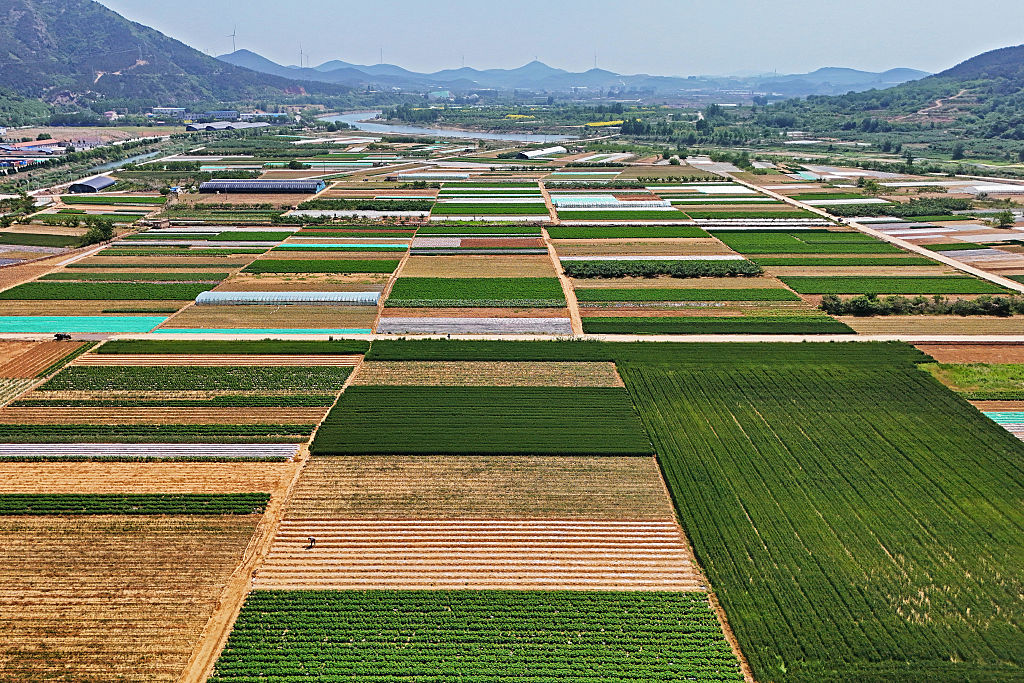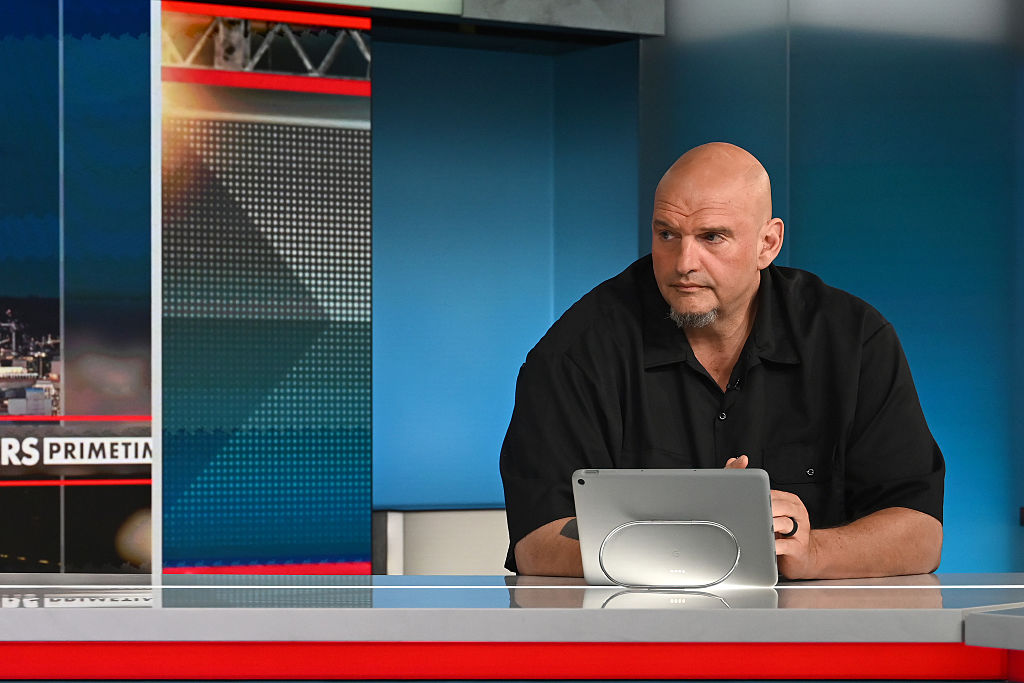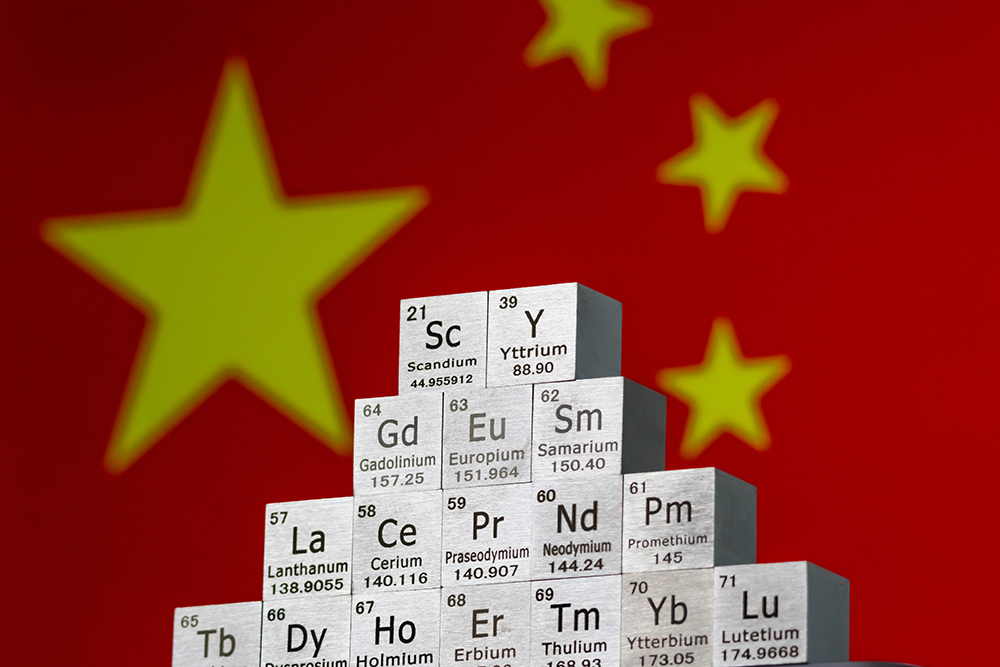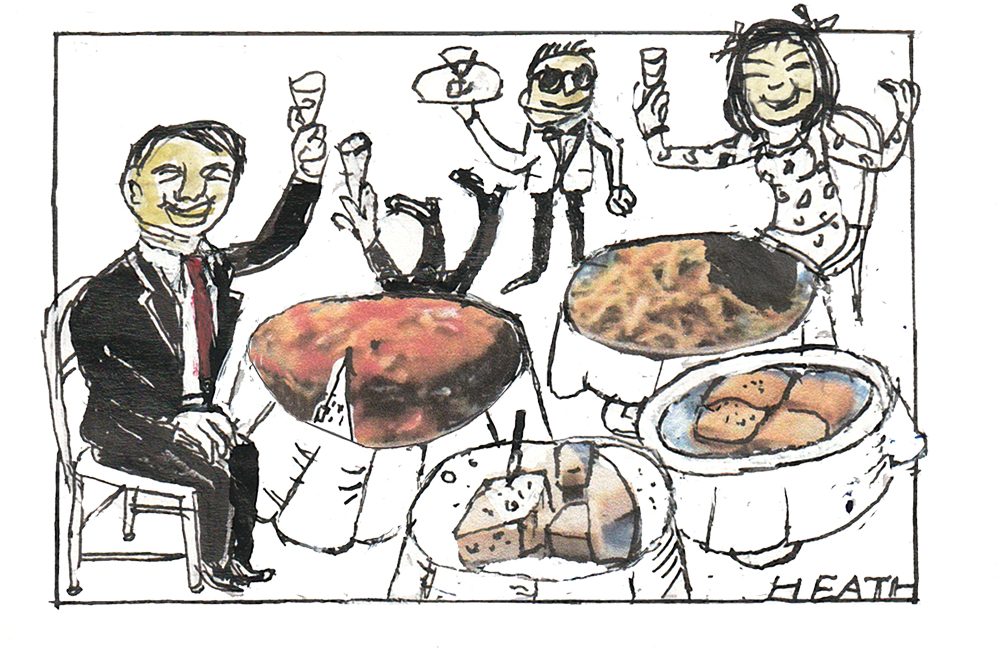On October 1 of last year, the New York Times printed an op-ed from Regina Ip, executive council and legislative council of Hong Kong, headlined ‘Hong Kong is China, Like it or Not’. Ip advocated on behalf of China’s new ‘security’ law in Hong Kong. This law employed harsh police and military tactics to crack down on pro-democracy protests and resulted in the arrest of Apple Daily editor Jimmy Lai. This week, Apple Daily itself was shut down and several of the newspaper’s journalists were also arrested.
But recent developments in Hong Kong did not happen overnight and did not happen behind closed doors. They happened in full view of the world. But the same American media that never hesitated to issue a full-throated, industry-wide condemnation of the former American president’s mean tweets remained silent in the face of a Chinese regime that pushed its propaganda in print, on their pages and on their networks. As of yet, neither the New York Times or Washington Post, nor their editorial boards, has spoken out against China’s hardline stance against journalists and media outlets in Hong Kong. We don’t ‘say their names’. World news organizations simply look the other way.
When a White House intern attempted to remove a microphone from CNN’s Jim Acosta, journalists decried it with enthusiastic zeal. When Chinese state police frog-march journalists in handcuffs, or arrest them at airports, they choose to write about objects that are actually cake, or some random QAnon conference in middle of nowhere Oklahoma. The New York Times itself, which published Chinese state officials’ justification for their actions in Hong Kong, cannot find space to condemn China. Not a single journalist or employee in their newsroom will issue a statement on Twitter that pro-Beijing propaganda ‘puts journalists’ lives in danger’.
There’s nary a mention nor a condemnation on corporate cable networks. Journalists on Twitter may manage a soft attention-grabbing tweet, but not much more. There are several reasons for this, some not necessarily nefarious — but all should be unacceptable from an industry that has spent the last five years on the verge of hysterics every time Donald Trump tweeted a bad word about them or their news organizations.
One possible explanation is access to the East and China. Corporate news outlets including the New York Times must placate the Communist party in order for their reporters to remain in Hong Kong and do what they can to avoid upsetting the Chinese regime. That would mean finding themselves expelled, or worse. But these are people who fashion themselves as the fearless new information firefighters, shedding light on truth and holding the powerful to account. How can they do both tasks at once?
Another explanation is simpler — China’s economic power over American media. As reported last year, China paid approximately $19 million in advertising and printing in US newspapers and magazines. China Daily, a propaganda news outlet controlled by the Communist party of China paid $4.6 million to the Washington Post and roughly $6 million to the Wall Street Journal. According to the US Justice Department, China also paid the New York Times $50,000 and the Los Angeles Times $657,523. The influence and shadow of the CCP over the American media is unmistakable and when it comes to imprisoning journalists and editors, it seems they are earning every penny.
This is pure cravenness and it should not be forgotten. Bring it up every time a smug CNN anchor speaks of dangerous rhetoric and mean tweets, or a woke-filled newsroom issues a bold statement decrying the words of a sitting United States senator in their newspaper. Perhaps when the American media stands up in the face of actual fascism and authoritarianism, despite the potential consequences for their salaries and bottom-lines, we will take their hysterical theatrics over insulting tweets seriously. Until then they are just cowards performing for cameras and their audience — which is apparently the Communist party of China.
Editorial note: the Wall Street Journal has publicly voiced their opposition to the censoring of Apple Daily.



